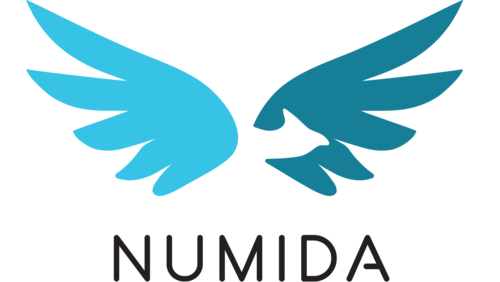Ugandan Fintech, Numida Secures Pre-Series A Funding

Ugandan fintech startup, Numida has announced its success in raising a pre-series A funding round of Twelve million three hundred thousand US dollars ($12.3 million), the funding will be targeted towards the startup’s expansion across the continent.
Since its inception in 2017, Numidia has served as a platform that provides small and medium-scale businesses with access to credit, the fintech itself being a credit provider.
The fresh round was led by Serena Ventures and had the participation of Launch Africa, Breega, Soma Capital, Y Combinator and 4Di Capital, some of these VCs are making their first investment in Uganda through this round.
Speaking about the funding and the VCs’ choice to invest in Numida, Mina Shahid Numida’s CEO stated “There are so many of these businesses across the continent, we really do believe that we’ve proven a model in Uganda that can be Pan-African and unlock the potential of these businesses to grow and achieve great things.”

The startup claims to have offered credits of about Two Million US dollars ($2 million) to more than Three thousand(3,000) MSMEs in the East African nation since 2017. Some of the fintech’s functions also include outstanding credit collection, client retention and considerable repayment rate. It should be recalled that recently the startup raised pre-seed funding which helped it grow in size and in demand.
Discussing Numidia’s experience since its launch, Shahid said “When we started building this business, we saw that a lot of people were getting taken advantage of because they didn’t really understand the user terms because most people don’t actually read these privacy policies or user agreements to understand what they were giving up. And so, we wanted to be very conscious about our approach, and we only ask for information that helps us determine if it is a business and if the person applying for a loan is the owner of the business.”
“Numida continues to improve our assessment of risk and our understanding of risk so that we can build a healthy portfolio that can allow us the room to reduce our prices while continuing to provide unsecured working capital loan products to these businesses,” he added.
